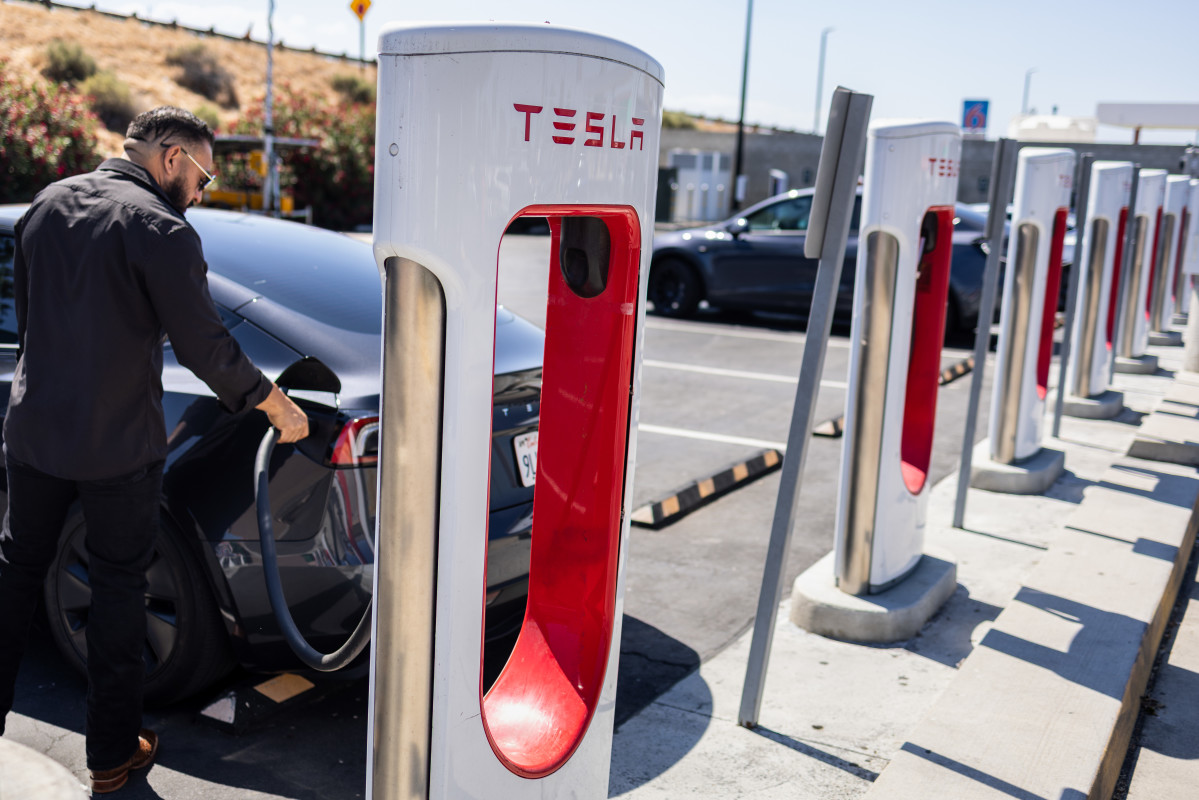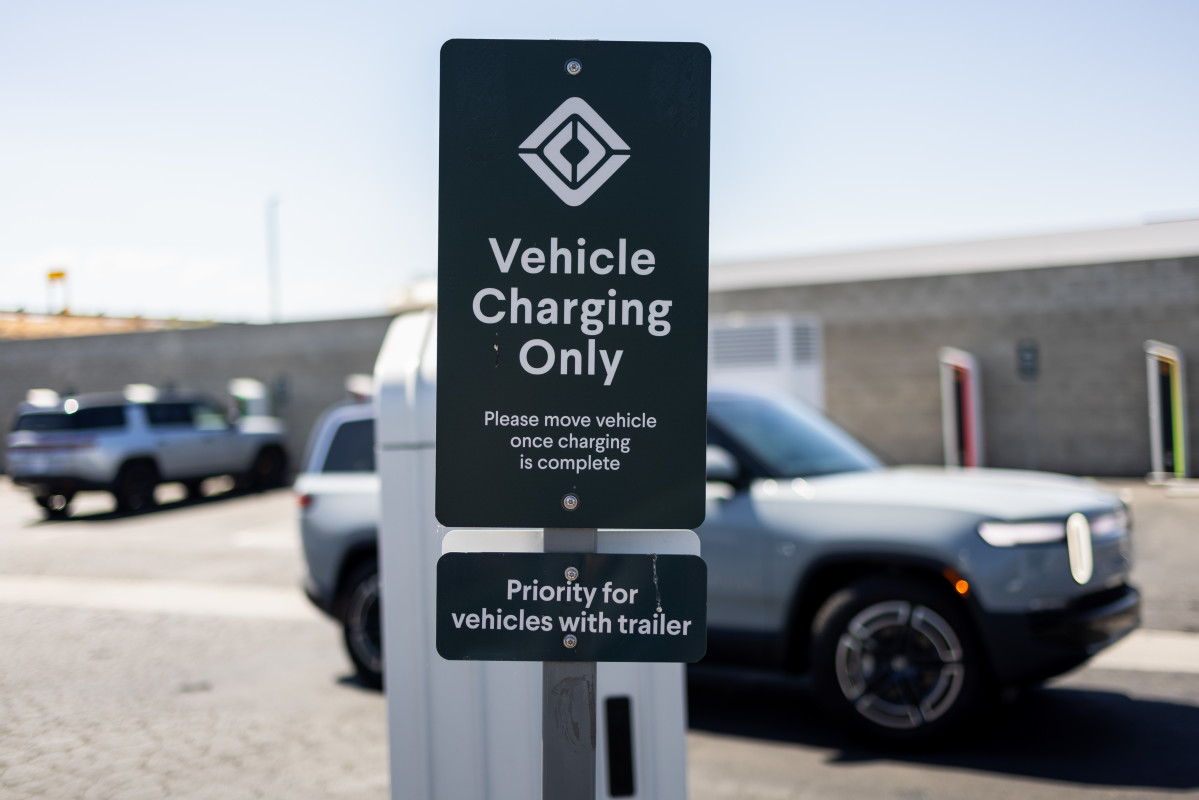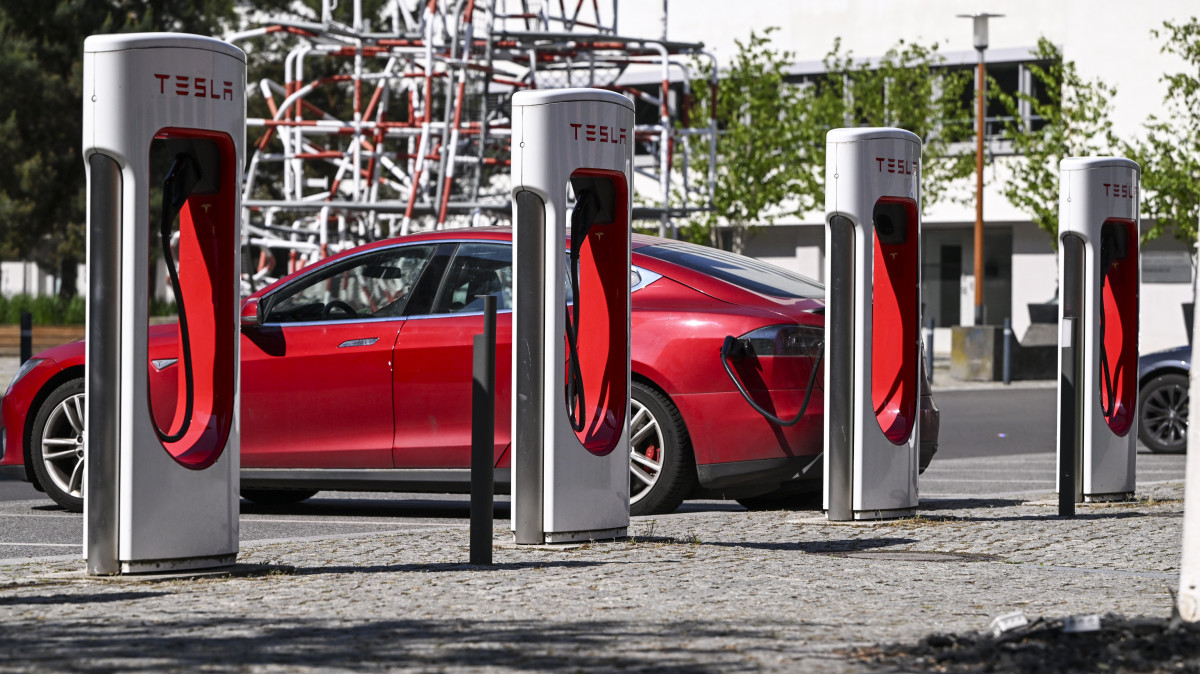Tackling Rising Electric Car Registration Fees

So, here’s what’s been buzzing around Congress lately. The U.S. House of Representatives just pushed through a hefty piece of legislation known as the “One Big Beautiful Bill Act.” Besides stirring up debates over tax reforms and defense spending, tucked within its hefty pages is a new cost that might make electric vehicle and hybrid owners think twice.
New Costs on the Horizon

Deep within the fine print, there’s a proposed federal annual registration fee—$250 for electric vehicles and $100 for hybrids. This is part of an effort to beef up the Highway Trust Fund, which is the main piggy bank for all federal highway upkeep and repairs. The idea is that as more drivers switch to electric or fuel-efficient cars, the gas tax, currently at 18.4 cents per gallon for gasoline and 24.4 cents for diesel, is becoming less effective at filling that fund.
States Feeling the Pressure

The deal is, if states don’t collect this new EV tax, they’ll face a penalty that skims off 25% more than what they would’ve owed from their highway funds. It’s like forcing states into a corner, making sure they enforce these fees, or else feel the financial pinch.
Now, this isn’t totally out of the blue. Already, a slew of states, 39 to be exact, have similar fees in place for electric cars. New Jersey, for instance, charges electric car owners $250 annually, with plans to increase this fee by $10 each year until 2028.
The Debate Rages On

This isn’t the first attempt to target electric vehicles for road funding. Back in February 2025, a proposed bill sought to slap a $1000 fee at the point of purchase for each electric vehicle, attempting to reclaim a decade’s worth of missed gas taxes. These kinds of measures clearly underscore a growing concern: as we move towards greener technologies, traditional funding models for public infrastructure like roads and bridges need rethinking.
Crunching the Numbers
The Highway Trust Fund depends heavily on the gas tax, but with cars running cleaner and motorists visiting gas stations less frequently, there’s a big drop in its effectiveness. Congress knows that if they don’t innovate the way funds are raised for highways and road maintenance, infrastructure could suffer. That kind of shortfall’s also got the potential to snowball into a broader financial issue across states.
The Impact on Driving Experience
Driving an electric vehicle, without a doubt, feels smooth and quiet—almost dreamlike, especially when compared to a traditional gas-run car. They’re easy on the ears and the environment, but as these fees stack up, the long-term cost of ownership nudges electric cars closer to their gas counterparts financially. Yet, between the cost at the pump and the bliss of an electric engine, electric cars still offer an appealing alternative.
Where It All Leads
Pending any Senate edits to the “Big Beautiful Bill,” this shake-up might make owning an EV a bit pricier. However, as society shifts towards eco-friendlier vehicles, it’s a telltale sign that laws will have to catch up with the times. The crux lies in finding the right balance between supporting infrastructure growth while encouraging wider adoption of electric cars.
EV Plan Hits a Snag
Tariff Threatens Cars
67 Ghost Revamp
Speedtop Rolls Out
Emissions Showdown Ahead